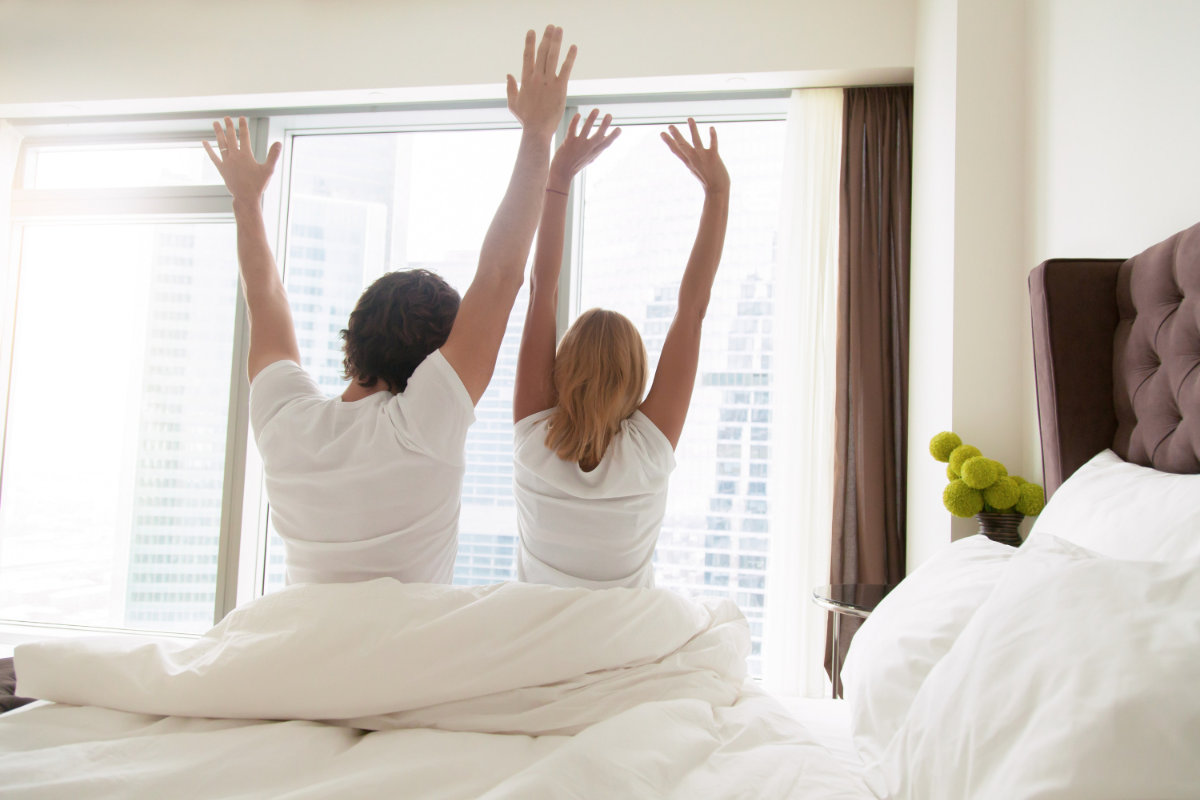Sleeping badly is a waking nightmare for a staggering amount of people – and every one of them knows the huge effect a lack of sleep can have on their wellbeing.
Research by The Sleep Council found 83% of Brits struggle to nod off properly at least one night a week, and over a quarter (26%) describe their sleep as ‘poor’ or ‘very poor’ on a normal night.
The survey also found that, on average, adults struggle to get to sleep on 2.85 nights in a typical week – the equivalent of 149 nights a year.
But what can be done? Well, there are a few things you definitely shouldn’t be doing before bed, according to Professor Jason Ellis, director of the Northumbria University Centre for Sleep Research.
Recommended: Best sleep hacks according to science – the 7 scientific approaches to sleeping.
What can stop you from sleeping list
“Unlike diet and exercise, for a long time sleep has been an overlooked health behaviour,” notes Ellis. And, “while they are not intended, or likely, to help those with a sleep disorder, they offer the opportunity to sleep smarter and better,” he says of his top five sleep don’ts…
1. Don’t try to sleep
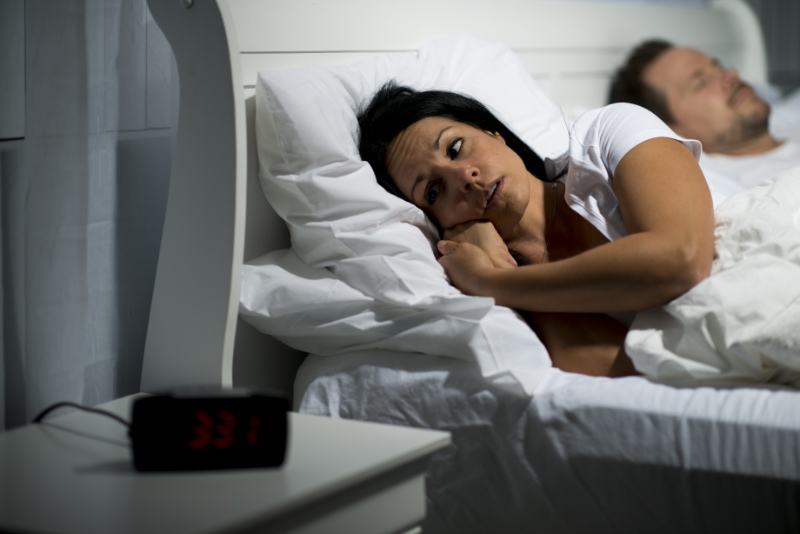
“The likelihood is that the opposite will happen and you’ll be left in bed getting frustrated. Ask any normal sleeper how they get to sleep and the answer will pretty much be the same – they just do it. Trying to sleep takes energy and effort, and that’s going to keep you awake for longer.”
2. Don’t consume caffeine for eight hours before bedtime
“Caffeine is a stimulant and for some of us, the effects can be felt eight hours later, which could prevent us from getting off to sleep.”
Caffeine blocks the sleep-inducing chemical adenosine for as many as six hours, preventing you from getting your daily recommended amount of sleep. Dave Gibson, a sleep expert and founder of the Sleep Site, says that it is ideal to limit your daily caffeine consumption.
He advises: “Set a fixed caffeine curfew and cut out all caffeine after lunchtime. Have a maximum of two cups per day.”
3. Don’t use alcohol to help you drift off
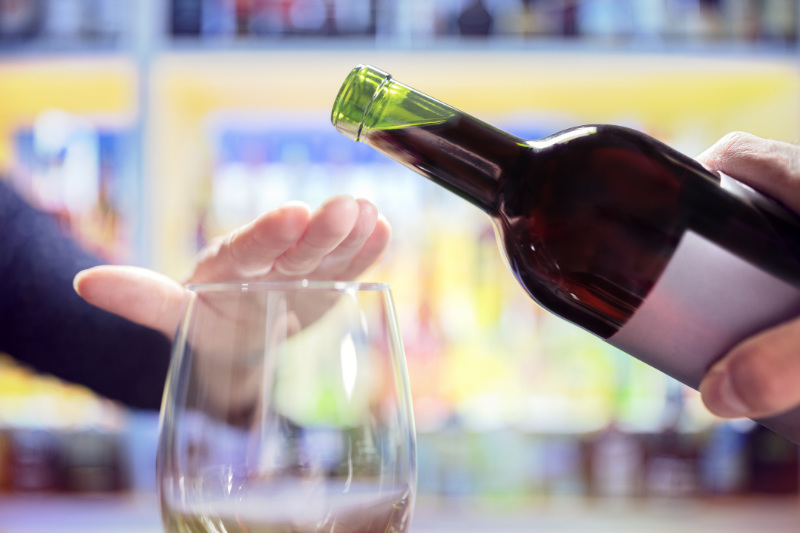
“Although alcohol is a sedative, the sleep [it induces] is of a very poor quality. When the alcohol starts to wear off, it leads to fragmented and shallow sleep, so you’re more likely to awaken throughout the night, but not remember.”
4. Don’t worry about your sleep too much
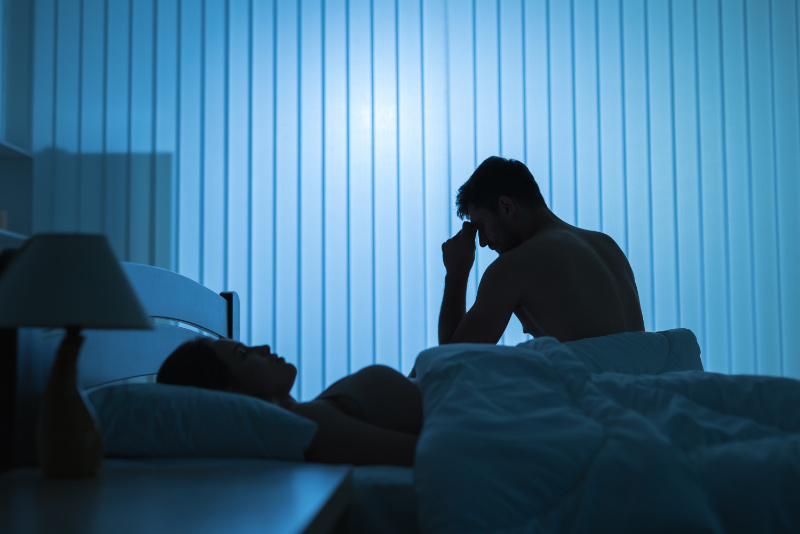
“Don’t stress about one odd night of poor sleep – it’s very common to have the odd bad night of sleep, but our bodies compensate for this and we’re more likely to get a better night when we next have an opportunity.”
5. Don’t go to bed hungry, full or thirsty
“Otherwise you’re likely to wake in the night. The issue here is that your body will be either trying to do two things at once (i.e. digest and sleep), or thirst/hunger are likely to make you even more vulnerable to waking up during the night.”
Recommended: The sleep myths damaging your health – 5 sleep myths debunked
What can stop you from sleeping – foods to avoid
Eating earlier in the day, preparing light meals for dinner and altering your diet are just a few simple changes that could revolutionise your sleeping pattern.
Here are 3 foods worth avoiding to ensure you wake up feeling rejuvenated each day.
Red meat
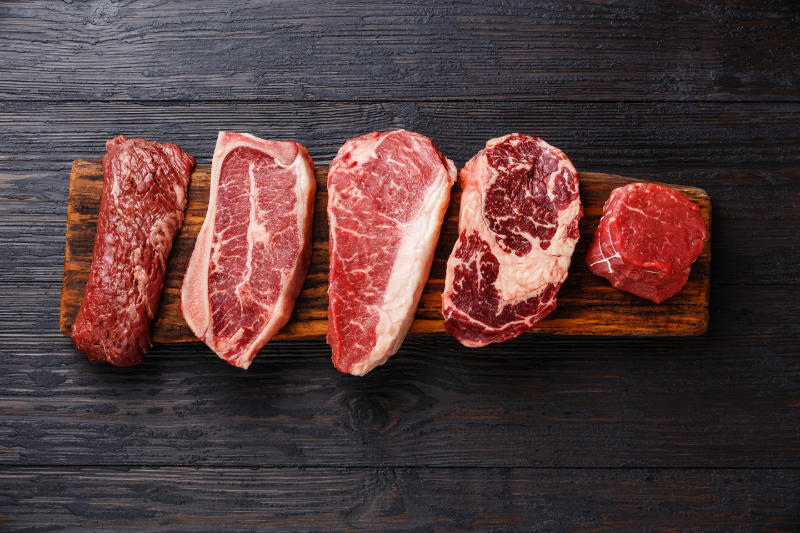
By the time you’ve left work, been food shopping and arrived home, it can be late in the evening before you get a chance to sit down for dinner. Red meats take longer to digest than other foods so, if you know you will be eating late, opt for a lighter meal as this will make you more comfortable when it is time to rest.
Dave Gibson suggests leaving four hours between a heavy meal and bed time. If you feel peckish later on, experts at the Sleep Council recommend dairy products like yoghurt and milk and green vegetables such as cabbage, which are rich in stress-reducing calcium, helping you to relax before heading to bed.
Spicy foods
Are you one for lathering on the spice, regardless of whether it’s necessary or not? Lisa Artis, a Sleep Adviser for the Sleep Council, advises those with sleeping troubles to avoid eating spicy food as Capsaicin, the spicy element in chilli peppers, could unsettle you. Dave Gibson warns that spicy foods can raise your body temperature, causing you discomfort.
Sugar
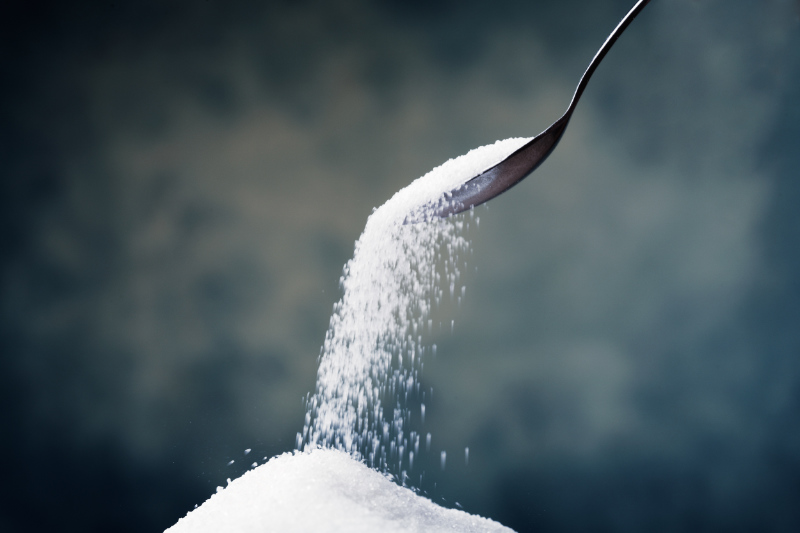
A late-night sweet treat may sound tempting, but foods with high sugar levels could give you an instant energy boost and delay your sleep, and sugar is one of the main culprits behind what can stop you from sleeping. Lisa Artis instead recommends wholegrain cereals with low sugar content to increase the availability of tryptophan in your bloodstream. Artis explains, “Tryptophan is the amino acid that the body uses to make sleep-inducing serotonin and melatonin, the relaxing neurotransmitters that slow down nerve traffic and stop the brain buzzing.” Bananas also contain tryptophan so serve well as a bedtime snack.
Struggling to sleep? 10 ways to ways to help insomnia naturally























































